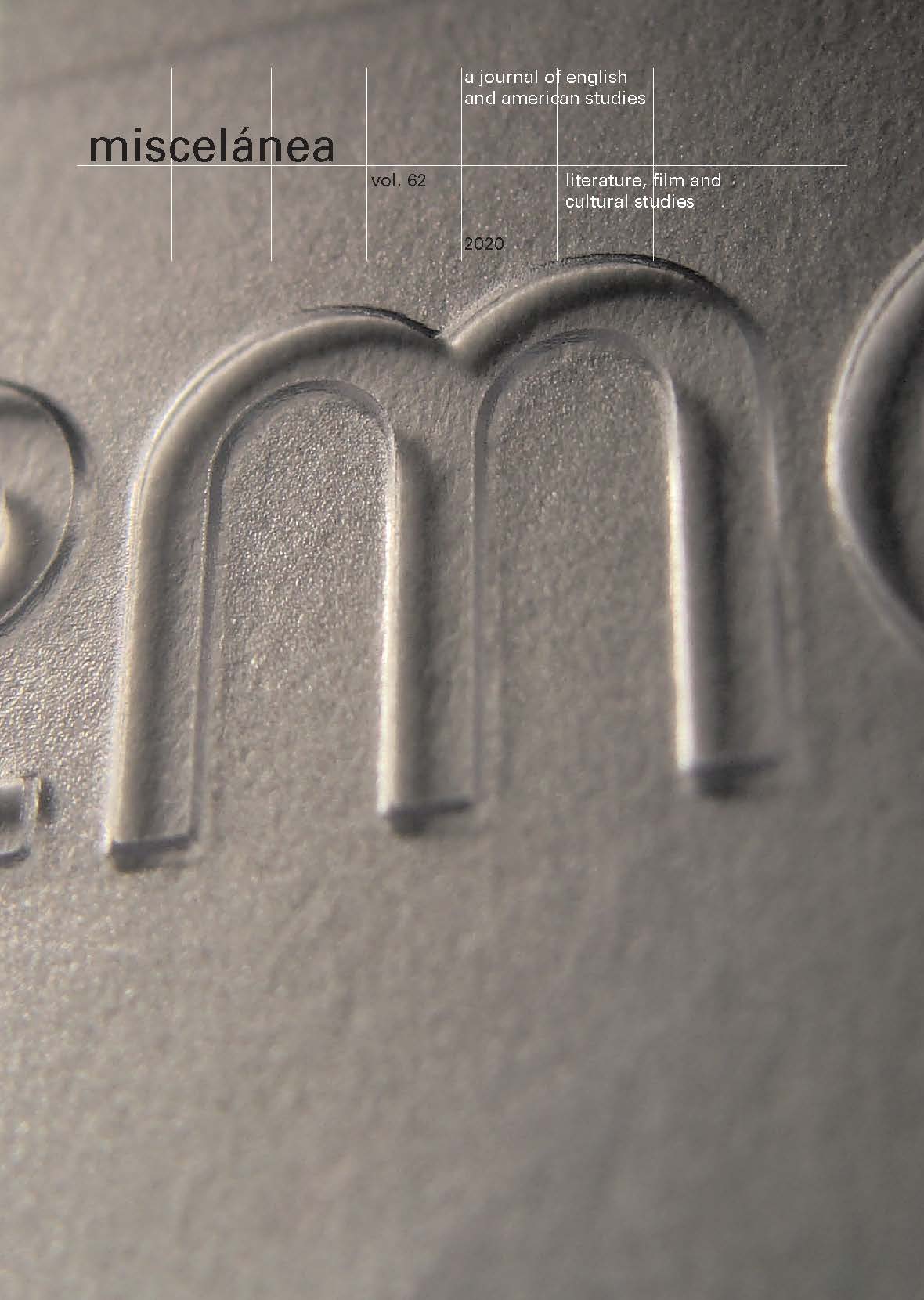Poe post-ilustrado: un análisis de las patologías de la modernidad en "The Purloined Letter" y "The Colloquy of Monos and Una"
DOI:
https://doi.org/10.26754/ojs_misc/mj.20205154Palabras clave:
Poe, Romanticismo, Ilustración, Racionalidad, ProgresoResumen
El presente artículo ahonda en las tensiones que a lo largo de la crítica se han encontrado en los escritos de Edgar Allan Poe (1809-1849), y que lo sitúan como una figura a caballo entre la Ilustración y el Romanticismo. En particular, se argumentará que dichas tensiones son representativas de las contradicciones inherentes al proyecto moderno, las cuales están presentes en los textos de Poe, situándolos como un síntoma y una reacción a las patologías de la modernidad. A este fin, consideraré Dialéctica de la Ilustración (1944), de Max Horkheimer y Theodor W. Adorno e indicaré cómo los problemas que trata este volumen fueron anticipados por Poe un siglo antes. Tras una breve introducción, analizaré la muy discutida “The Purloined Letter” (1844) y las actitudes sobre la racionalidad que Poe presenta en la historia, para después explorar la menos conocida “The Colloquy of Monos and Una” (1841), donde Poe anticipa algunas de las cuestiones sobre las que alertaron Horkheimer y Adorno, especialmente la confusión entre progreso y tecnificación.
Descargas
Descargas
Publicado
Número
Sección
Licencia

Esta obra está bajo una licencia internacional Creative Commons Atribución-NoComercial-SinDerivadas 4.0.


